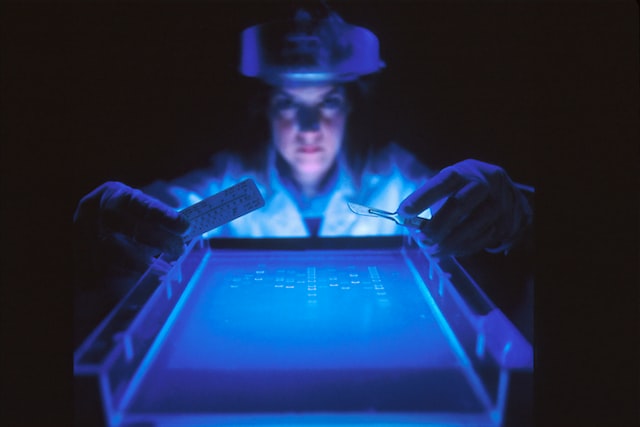Can an Ancestry DNA test be wrong?

Ancestry DNA testing has become increasingly popular in recent years as a way to learn about one’s family history and cultural heritage. While it is important to be aware that DNA testing is not always accurate and can sometimes produce incorrect or misleading results, it is worth noting that Ancestry DNA testing is almost never wrong when it comes to DNA matches.
One reason for this is that the testing process itself is highly accurate. Modern DNA testing techniques are extremely precise and are able to identify even the smallest variations in an individual’s DNA. In addition, the algorithms used to interpret DNA test results are constantly being refined and improved, further increasing the accuracy of the results.
Another reason that Ancestry DNA testing is almost never wrong when it comes to DNA matches is that the databases used to compare an individual’s DNA to others are constantly being updated and are extremely comprehensive. These databases contain the DNA profiles of millions of individuals, making it highly likely that an individual’s DNA will match up with someone in the database.
It is worth noting that while Ancestry DNA testing is almost never wrong when it comes to DNA matches, it is possible for the results to be incomplete or inconclusive. For example, if an individual’s DNA does not match up with anyone in the database, the results may be incomplete or may not provide as much information as desired. However, even in these cases, Ancestry DNA testing is still an extremely useful tool for learning about one’s family history and cultural heritage.
In conclusion, Ancestry DNA testing is almost never wrong when it comes to DNA matches. The testing process is highly accurate, and the databases used to compare an individual’s DNA to others are comprehensive and constantly being updated. While it is possible for the results to be incomplete or inconclusive, Ancestry DNA testing is still an extremely useful and reliable tool for learning about one’s family history and cultural heritage.
